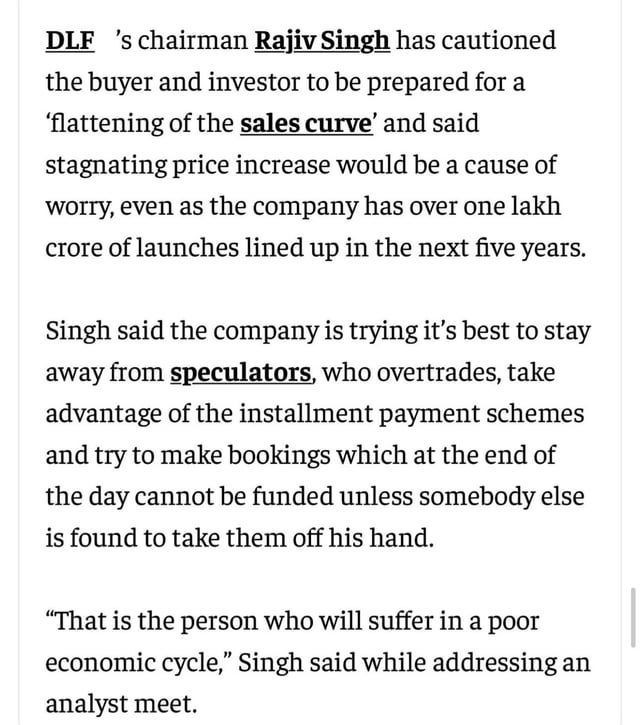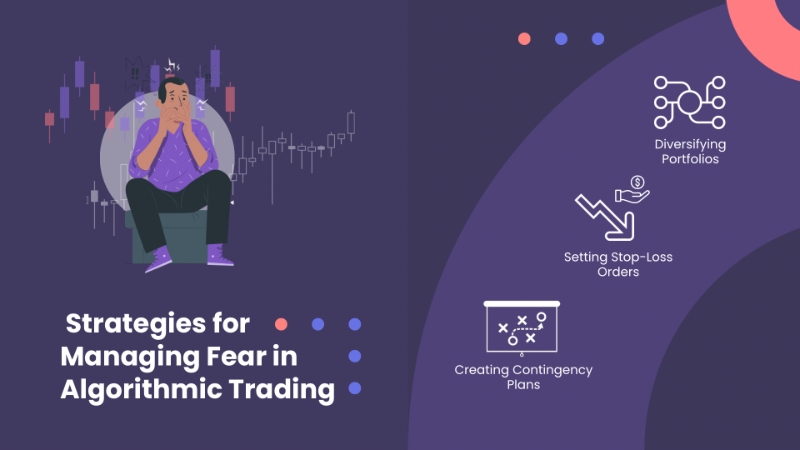Did you know that 90% of day traders lose money, often due to a lack of preparation? In this article, we dive into how insufficient preparation can lead to costly day trading mistakes. We explore the importance of thorough research, effective planning, and emotional readiness, highlighting how neglecting market analysis and risk management strategies can result in errors. Additionally, we discuss the pitfalls of overtrading, inadequate capital management, and the dangers of rushing into trades. By recognizing the consequences of skipping trade reviews and being unaware of critical news events, traders can avoid the common traps that lead to losses. Understanding these aspects can empower you to make informed decisions and optimize your trading success with insights from DayTradingBusiness.
How does lack of research lead to trading errors?
Lack of research causes traders to miss key market signals, leading to poor entry and exit decisions. Without proper prep, they misunderstand asset volatility or ignore news that impacts prices. This increases the chance of impulsive trades based on emotions rather than data. Insufficient research also means missing warning signs of trend reversals or false breakouts, resulting in bigger losses. In short, inadequate preparation leaves traders blind to risks, making mistakes more likely.
Why does poor planning cause day trading losses?
Poor planning leads to day trading losses because without a solid strategy, traders make impulsive decisions, chase the market, and ignore risk management. Insufficient preparation means they’re unready for market swings, causing emotional trades and panic exits. Lack of research and a clear plan make it easy to fall for false signals or hold onto losing positions too long. Ultimately, inadequate preparation leaves traders vulnerable to unpredictable moves and big losses.
How can insufficient knowledge increase trading risks?
Insufficient knowledge leads to poor analysis, bad timing, and risky decisions in day trading. Without understanding market patterns or indicators, traders misjudge entry and exit points, increasing losses. Lack of preparation means missing key news or trends, causing impulsive trades. It also results in inadequate risk management, making traders more vulnerable to sudden market swings. Overall, limited knowledge fuels mistakes and amplifies trading risks.
What role does emotional readiness play in trading mistakes?
Emotional readiness prevents impulsive decisions and helps traders stay disciplined during market swings. Without it, fear or greed can override strategy, leading to costly mistakes. Being emotionally prepared means staying calm and focused, reducing reactive trading based on panic or excitement. Insufficient preparation leaves traders vulnerable to emotional reactions that cause poor judgment and unnecessary losses.
How does ignoring market analysis result in errors?
Ignoring market analysis leads to mistakes because you miss key trends and signals, causing poor entry and exit decisions. Without proper research, you rely on guesswork instead of data, increasing the chance of losses. It also leaves you unprepared for sudden market shifts, making it harder to react quickly. This oversight results in impulsive trades based on emotion rather than strategy, heightening the risk of significant errors.
Why is failing to set stop-loss orders risky?
Failing to set stop-loss orders is risky because it exposes you to unlimited losses if the market moves against you. Without a stop-loss, a small mistake or sudden price drop can wipe out your capital. Insufficient preparation leaves you vulnerable to impulsive decisions and lack of risk management, increasing the chance of costly mistakes in day trading.
How does overtrading stem from poor preparation?

Overtrading happens when traders don’t plan properly, leading them to chase every small move instead of sticking to a strategy. Poor preparation means they lack clear entry and exit points, causing impulsive trades. Without research or a solid trading plan, traders become emotional, trying to recover losses quickly, which fuels overtrading. Insufficient analysis of market conditions makes them take unnecessary risks, increasing the chances of overtrading and costly mistakes.
What impact does inadequate capital management have?
Inadequate capital management leads to reckless trading, bigger losses, and increased risk of blowing your account. It causes traders to overleverage, making impulsive decisions without enough buffer to handle market swings. Insufficient preparation leaves traders unready for volatility, resulting in poor timing and emotional reactions that escalate mistakes. Without proper capital planning, small errors can spiral into major financial setbacks, destroying confidence and profitability.
How does rushing into trades cause mistakes?
Rushing into trades without proper prep leads to impulsive decisions, increasing errors. Without research or a plan, traders miss key signals, making them vulnerable to market swings. Hasty entries often ignore risk management, causing bigger losses. Lack of preparation breeds emotional trading, clouding judgment and causing mistakes. It’s like jumping into a game without studying the rules—more chances to slip up.
Why do traders overlook risk management strategies?

Traders often overlook risk management strategies because they focus too much on potential gains, ignoring the risks involved. Insufficient preparation leads to impulsive decisions, leaving traders vulnerable to sudden market swings. Without proper planning, traders underestimate the importance of stop-losses and position sizing, increasing their chances of big losses. Lack of preparation creates a false sense of confidence, making it easy to ignore risk controls. Ultimately, skipping risk management stems from overconfidence and inadequate market research.
How does not having a trading plan lead to losses?
Without a trading plan, you're likely to make impulsive decisions, chase losses, and overtrade. This lack of strategy leads to poor risk management, resulting in bigger losses. Insufficient preparation means you miss key signals or fail to set stop-losses, increasing the chance of emotional trading and costly mistakes.
What are the consequences of skipping a trade review?
Skipping a trade review leads to missed learning opportunities, repeats of same mistakes, and poor decision-making. Without reviewing trades, traders don't identify errors or patterns, increasing the risk of costly losses. Insufficient preparation makes traders more impulsive, overconfident, and less disciplined, which amplifies day trading mistakes and hampers long-term success.
How does unawareness of news events affect trading?
Unawareness of news events causes traders to miss critical market shifts, leading to poor timing and risky decisions. Insufficient preparation leaves traders blind to sudden price moves, increasing the chance of losses. Without current news, traders can’t anticipate volatility or adjust strategies, making mistakes more likely. Missing important updates results in reacting late or incorrectly, hurting profits and increasing risk.
Learn about How News Events Affect Reversal Trading Strategies
Why does impatience often lead to bad trades?
Impatience makes traders rush into trades without proper analysis, increasing the chance of mistakes. When they’re eager to avoid missing out, they skip research, ignore signals, and ignore risk management. This hasty approach often results in poor decisions, losses, and missed opportunities for better setups. Insufficient preparation leaves traders vulnerable to impulsive actions driven by emotion, not strategy.
How can poor preparation cause missed trading opportunities?
Poor preparation leads to missed trading opportunities by preventing you from spotting setups quickly or understanding market signals. Without research and a solid plan, you might hesitate or enter trades too late. It also increases the chance of panic or impulsive decisions when market moves happen unexpectedly. Lack of preparation means you’re not aligned with market conditions, causing you to overlook chances to buy low or sell high. Ultimately, insufficient prep makes you less agile and more prone to mistakes during fast-moving trading days.
Conclusion about How does insufficient preparation contribute to day trading mistakes?

Insufficient preparation is a critical factor in day trading mistakes, leading to errors stemming from a lack of research, poor planning, and inadequate knowledge. Emotional unpreparedness and neglecting market analysis can exacerbate risks, while the absence of a solid trading plan increases the likelihood of losses. Traders must prioritize risk management, capital management, and trade review to mitigate these pitfalls. Ultimately, thorough preparation is essential for success in the fast-paced world of trading, and leveraging the resources from DayTradingBusiness can significantly enhance your trading strategy and performance.
Sources:
- Worker and workplace Artificial Intelligence (AI) coexistence ...
- Metaverse beyond the hype: Multidisciplinary perspectives on ...
- AI revolutionizing industries worldwide: A comprehensive overview ...
- Doing Business 2020: Comparing Business Regulation in 190 ...
- South Africa Overview: Development news, research, data | World ...